-
chevron_right
ACE Shuts Down Huge Football Piracy Ring, Total Destruction TBC
news.movim.eu / TorrentFreak · Monday, 22 January - 18:19 · 4 minutes
 Despite MPA/ACE having enough investigators to field both teams in a football match, while players argue with an in-house referee in multiple languages, the state of piracy in North Africa and the Middle East presents a considerable challenge.
Despite MPA/ACE having enough investigators to field both teams in a football match, while players argue with an in-house referee in multiple languages, the state of piracy in North Africa and the Middle East presents a considerable challenge.
At the time of writing, over 150 deliberately confusing domains and subdomains, linked to around three dozen illicit football streaming sites, are redirecting to the ACE anti-piracy portal. The domains started to redirect on Saturday, still hadn’t finished on Sunday, and may not even be finished now.
No Announcement From ACE Just Yet
Faced with a risk of sudden domain suspensions, ISP blocking, or domains being penalized in search results due to persistent copyright complaints, it’s common for pirate sites to have a few domains at their disposal. There’s also a growing trend of sites with common ownership operating from dozens of confusingly-similar domains by design.
This strategy has the potential to complicate enforcement, including a not-insignificant chance of sites continuing under the guise of different ownership, even when on paper an entire operation has already been shut down. There are signs that some overseas site operators are finding opportunities by generating chaos on the surface, while remaining completely organized behind the scenes.
None of this provides immunity from enforcement measures, but confirming compliance becomes more complex.
The Football Piracy Ring
For the sake of clarity, subdomains and other distractions have been stripped from this sample of domains currently redirecting to the ACE portal.
livehd7.club, livekooora.tv, livekoora.io, live-koora-online.tv, live-kooora-tv.com, live-kooora-tv.net, live-koora.tv, kingshoot.club, kingfoot.live, kooora4.us, kooragoal.club, koora4live.club, koora2day.net, kora365.online, kooralive.io, kooora365.live, kora-tv.online, kora-online-tv.com, koraextra.club, koratvonline.net, kora-live.plus, kora-star-tv.live, kora-goal.net
One of the above domains, kooora4.us, shows how small changes can help to muddy the waters. The word ‘kura’ is Arabic for ball while ‘koora’ is broadly understood as relating to football; in this case, an extra ‘o’ appears in the mix while other domains contain one or two.
SimilarWeb data shows that traffic increased for kooora4.us during October at a time when traffic for a similarly-named domain was in steep decline.
Similar behavior can be seen across dozens of similar domains, although not always under common ownership or even in direct response to enforcement measures. Now redirecting to ACE, kooora4.us received 277.6K visits in December 2023, a peak now unlikely to return.
Kooragoal.club, another domain that began redirecting over the weekend, also increased its traffic in October before a decline set in the following month.
A quarter of kooragoal.club’s traffic came from Egypt, which along with Saudi Arabia and UAE, appears regularly in traffic reports for similar domains.
 Most also receive traffic from countries including the United States, but the clear focus is North Africa and the Middle East, putting the sites firmly the crosshairs of ACE member, beIN Sport.
Most also receive traffic from countries including the United States, but the clear focus is North Africa and the Middle East, putting the sites firmly the crosshairs of ACE member, beIN Sport.
In November 2022, ACE settled with the operator of a series of websites with similar names, appearance, and functionality, to those that began redirecting this weekend.
While their operator agreed to shut them down, ACE acknowledged the existence of additional sites, noting that enforcement actions would continue.
Mirrored Fortunes & Those That Can Slip Away
At the time of writing, kooragoal.club (above) and kora-goal.net (below, right) are both redirecting to the ACE portal, having generated 1.16 million and 120.5K visits respectively during the period Oct 2023 to Dec 2023.
 The chart to the right also includes kora-goal.com, which is currently operational and showing progress that closely mirrors the decline of kooragoal.club.
The chart to the right also includes kora-goal.com, which is currently operational and showing progress that closely mirrors the decline of kooragoal.club.
Both domains display a shift in fortune in early November before meeting in traffic terms in December, with kora-goal.com taking over as kooragoal.club prepared itself for redirection to ACE. Whether kora-goal.com is destined for new anti-piracy ownership or will go on to further boost its traffic is unclear.
Kooralive.io Had Significant Traffic
Between October and December 2023, kooralive.io received almost 2.1 million visits, so ACE will be pleased that its growth has already been curtailed. The interesting thing here is that kooralive.io had around 250K visits in October and then, almost if someone had simply flicked a switch , in November its traffic suddenly skyrocketed to around 1.8 million visits.
In at least some cases, this was achieved by redirecting traffic from other domains/subdomains operated by the same owner, to other domains/subdomains also owned by the same owner, which then redirected to subdomains on kooralive.io. Similar behavior can be observed on other domains which, unsurprisingly, are also operated by the same owner.
Getting Rid of the Roots
In addition to the domains listed as redirecting at the start of this article, it remained a question whether other domains with common ownership would also suffer the same fate, even if some had fallen out of use.
While ultimately it could prove impossible to weed out every last domain, showing links between the domains was surprisingly straightforward, and as far as we can see (a handful of outliers aside) all currently redirect to ACE.
Whether any agreement reached with the operator of the sites has enough teeth to prevent a resurgence is unknown.
At least for now, however, the removal of dozens of domains seems significant enough for a quick celebration before getting back to the job, which apparently never ends.
From: TF , for the latest news on copyright battles, piracy and more.







 Dubbed “Nollywood,” Nigeria has a flourishing film industry which generates billions of dollars in revenues while creating new stars in the process.
Dubbed “Nollywood,” Nigeria has a flourishing film industry which generates billions of dollars in revenues while creating new stars in the process.







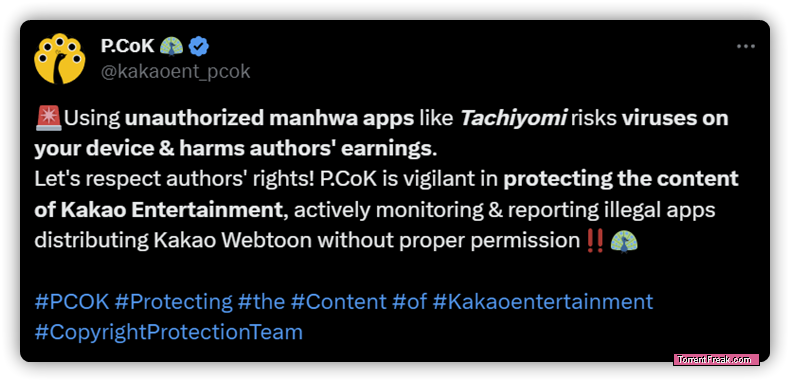
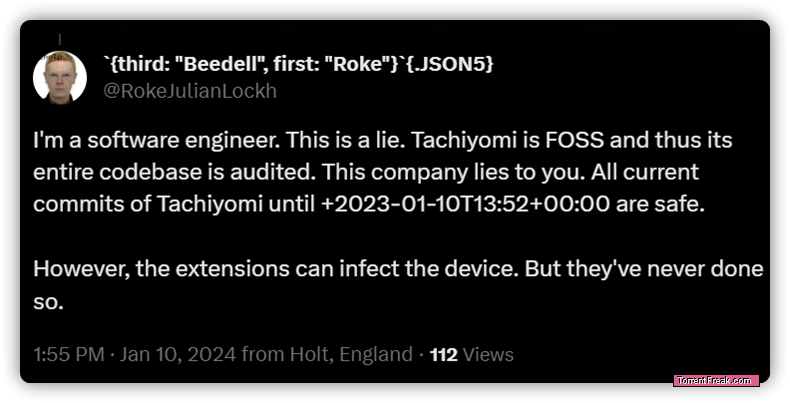
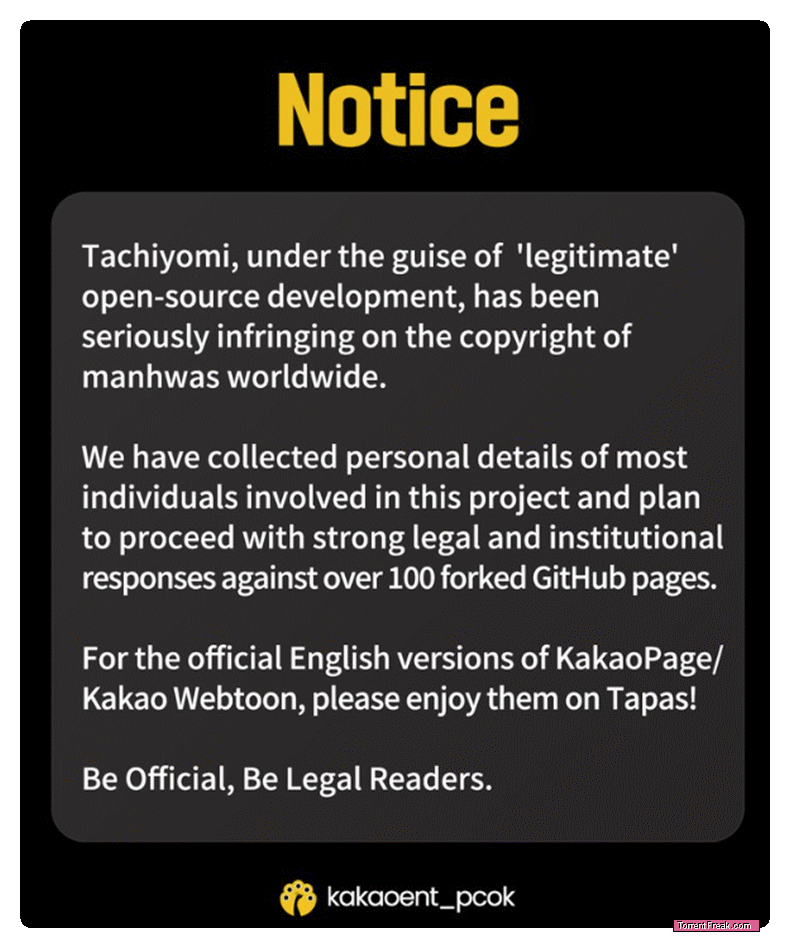
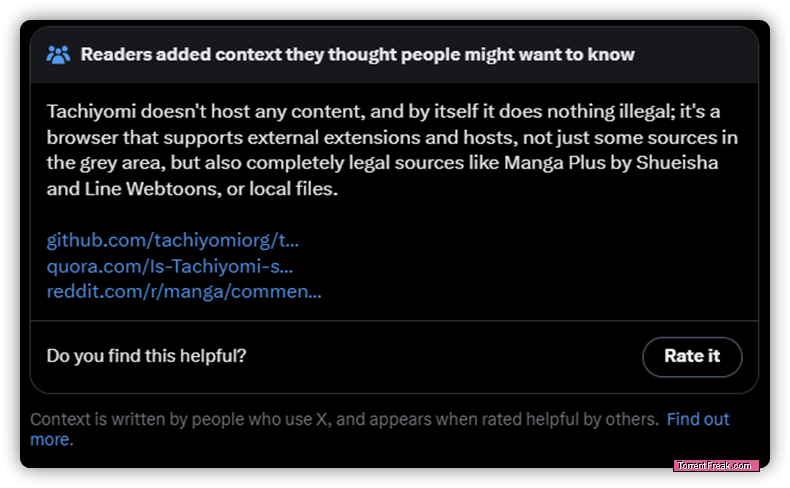
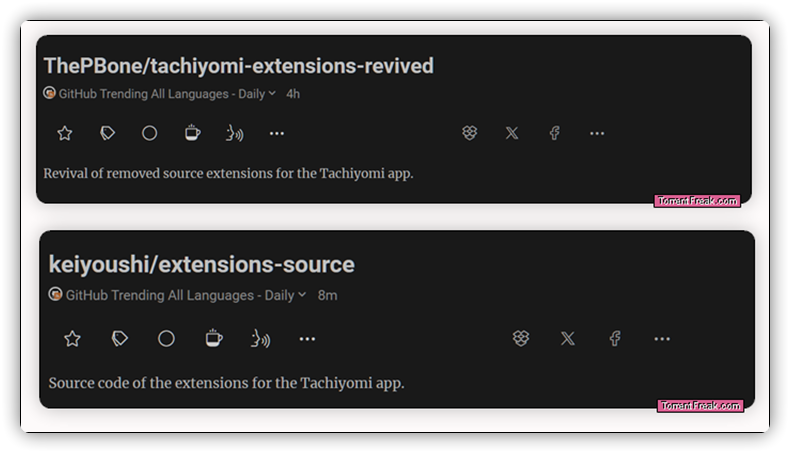
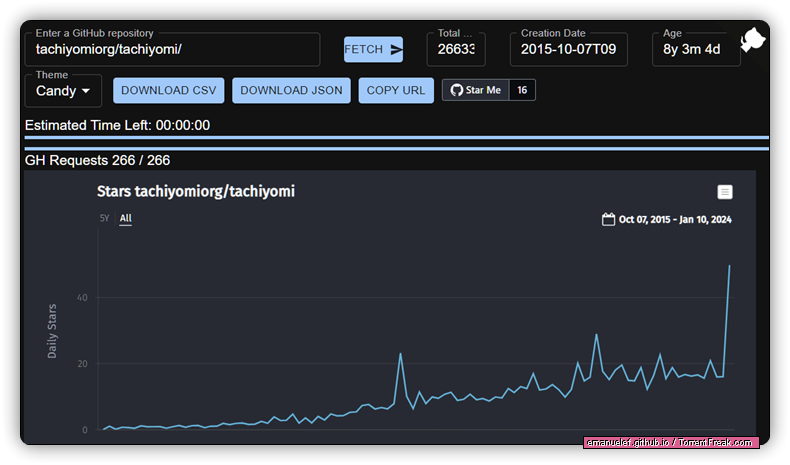









 Posting Takedown and Rights Protection document.
Posting Takedown and Rights Protection document.
